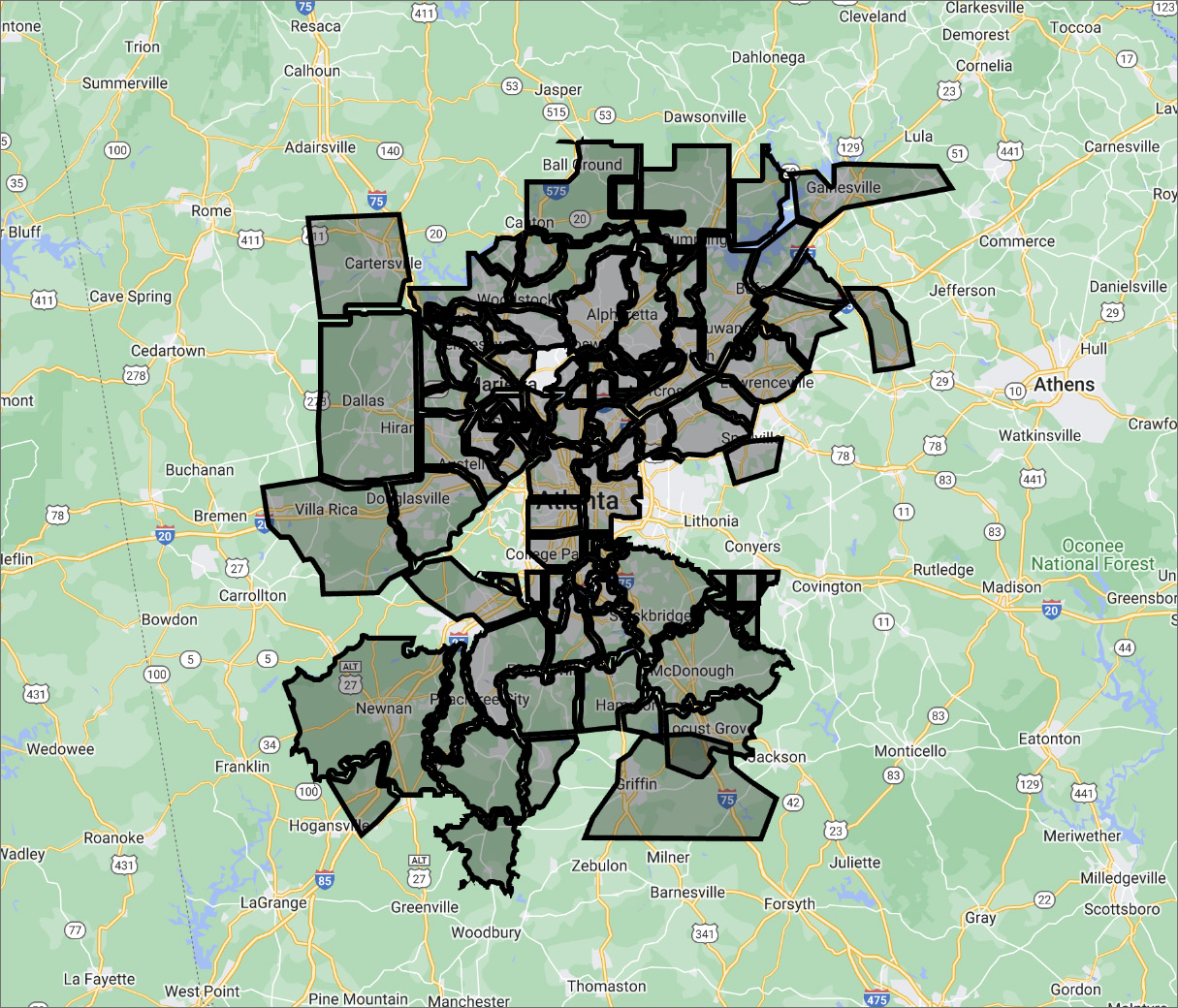No matter how much you love your dog, its barking can become bothersome. Of course, there are times when barking is warranted. But if your dog only seems to bark for barking’s sake, it can be frustrating. Furthermore, if your dog incessantly barks, you may not realize when it is trying to actually alert you to an issue. If your dog is a barker, learning how to curb that habit is paramount.
Teaching your dog to stop barking takes continuous, repetitive training. Generally, dogs respond to positive reinforcement. Rewarding your dog when they listen to your commands helps them make a habit of doing the correct thing. How to train your dog depends on the types of barking you’re trying to avoid. Barking altogether isn’t always a bad thing; it can often alert you to a problem. Completely silencing your dog isn’t the answer. Rather, teach them when to speak up and when to stay quiet.
At Critter Sitters, we put your dog first. An Atlanta, Georgia pet sitting and dog walking provider, Critter Sitters is a dependable source of care for your pet. We offer overnight pet sitting and dog walking services to our clients. If you need pet sitting or dog walking services in the Atlanta area, call Critter Sitters today at (404) 793-6178.
Why Is My Dog Barking?
Dogs bark for various reasons. Sometimes, it’s the only way they can communicate, sometimes it’s to alert you to something specific, and sometimes it’s just for fun. Still, it can be difficult to determine why exactly your dog is barking. If you know why your dog is vocal, it may help you train them to stop.
Your Dog Is Being Territorial
Dogs are inherently territorial. If another dog walks by or if a person approaches your home, your dog may begin to bark. They do this to warn the perceived intruder that they’re not welcome.
Territorial barking is not always a negative thing. You may want your dog to bark if an unknown person advances on your home as a means of protection. While you may not want to deter all instances of territorial barking, this kind of barking becomes unnecessary when aimed at other animals or at family members.
Your Dog Wants Attention
Your dog may bark when it is vying for attention. Though it’s understandable for a dog to want recognition, barking can become frustrating to an owner.
If your dog is barking to get your attention or because it’s angry with you for ignoring it, training your dog may help. Instant gratification is not something a dog should feel entitled to; it only causes additional barking. If you reward your dog with attention when it barks, it will learn that barking is good.
Your Dog Is Vocal
If your dog is often vocal, it may just be barking to try and communicate with you. If you want to break that habit, ignoring your dog when it’s barking can help. If you validate barking with a response, your dog may learn that barking will get what it wants. Instead, try rewarding your dog when it’s silent. That way, it will begin to associate not barking with good behavior.
When you’re away from home and enlisting the help of Critter Sitters, our Atlanta dog sitters can remain in contact with you. If you want updates about your dog’s barking tendencies while out of town, Critter Sitters can keep in touch about their progress. We know how important consistency is when teaching dogs new habits.
How Can I Train My Dog to Stop Barking?
Training your dog to stop barking depends on the types of barking you want to target. The methods employed to deter territorial barking will likely differ from those used to prevent attention-seeking barking. Once you have identified the types of barking you want to prevent, that will help you figure out which methods to use.
Positive and Negative Reinforcement
Preventing territorial barking can be difficult. Your dog will innately want to protect you and your family. Also, you may not want to completely eradicate territorial barking. To compromise, reward your dog for barking only when a stranger approaches your house. Doing so can teach your dog to only be territorial when a person it doesn’t recognize approaches.
Certain types of negative reinforcement may also help train your dog to stop barking. For example, if your dog barks at other animals while on a walk, reining in the slack on its leash takes away the freedom to greet the other dog. That teaches your dog that barking at another animal will not result in a reward. If your dog barks to get attention, ignoring it might garner the best results. Once your dog realizes that barking will not result in the attention it’s looking for, it may change its approach.
Commands
Training your dog to respond to commands may help you to stop it from barking. Teach your dog a cue for silence to teach it when to be quiet. Through training, your dog may begin to respond to the command. Afterward, if your dog is barking, you can cue them to be silent. Through positive reinforcement, dogs can learn to respond to cues however you want them to. Though it may take time, this training method to stop barking can help, no matter the reason for the barking.
Consistency
When training your dog to stop barking, persistence is key. Try to be as consistent as possible when rewarding your dog for good behavior. It can be hard to ignore your pet when it’s barking for attention, but only doing so occasionally won’t properly train it. When you use Critter Sitters, we can help continue your dog’s training even when you’re away.
When You Need a Pet Sitter, Call Critter Sitters
If you’re in search of a reliable pet sitting and dog walking service in the Atlanta area, call Critter Sitters today at (404) 793-6178.

